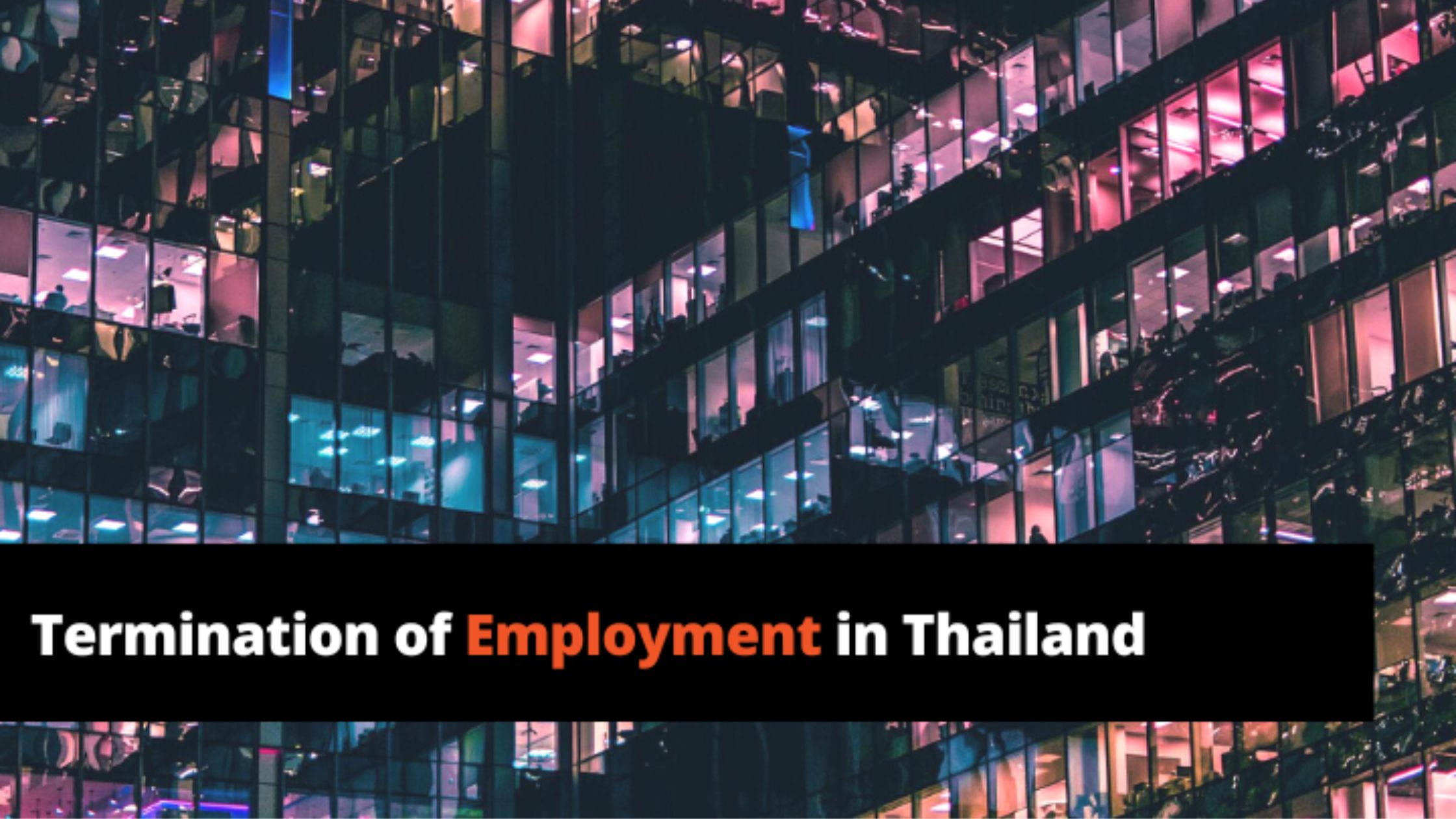August 22, 2022
According to Thai labour laws, an employer is empowered to terminate an employee’s employment at its will, except for members of the Employee Committee which requires a court order for dismissal. However, the consequences of dismissal with and without statutory causes under the Labour Protection Act B.E. 2541 (the “Labour Protection Act”) will be different in terms of the statutory payments for which the employer is legally required to pay the employee. In this regard, the question “how much statutory payment does the employer have to pay to the employee due to dismissal?” becomes one of the most concerned and critical issues for all employers. Here are key takeaways for employers and employees on statutory payments to consider when terminating or being terminated. Statutory Cause Section 583 of the Civil and Commercial Code stipulates that if the employee wilfully disobeys or habitually neglects the lawful commands of the employer, absents himself for services, is guilty of gross misconduct, or otherwise acts in a manner incompatible with the due and faithful discharge of the employee’s duty, such employee may be dismissed by the employer without notice or compensation. In addition, Section 119 of the Labour Protection Act also stipulates the statutory causes as follows: (1) Performing the duty dishonestly or intentionally committing a criminal offence against the employer; (2) Wilful acts done to cause damages to the employer; (3) Committing negligent acts causing serious damage to the employer; (4) Violating work regulations, regulation or order of the employer which is lawful and just for which the employer has already issued the employee a written warning, except in a serious instance... 


 Kudun and Partners Limited
Kudun and Partners Limited Kudun Sukhumananda
Kudun Sukhumananda Troy Schooneman
Troy Schooneman







